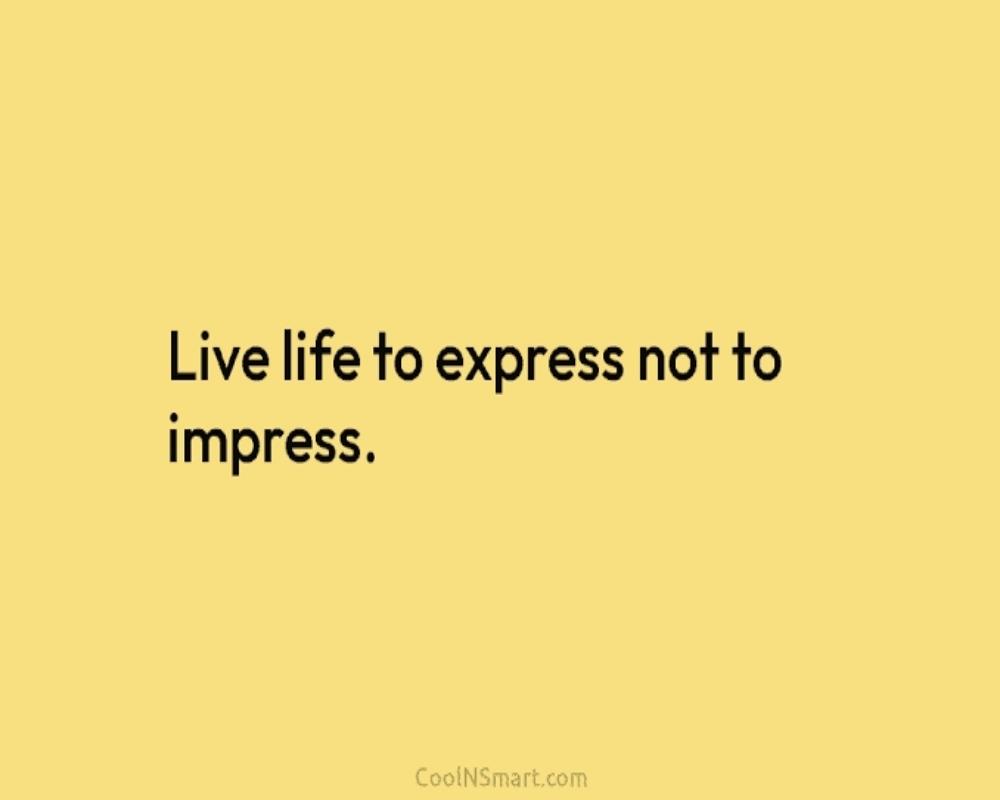How to spot and stop exaggerating
- Be aware of the adverbs and qualifiers you're using such as “incredibly”, “the best” or similar qualifiers. Ask yourself: do these add value to the statement? Are they a true reflection of reality?
- Use realistic synonyms. Are you “exhausted” or just "tired"? Is the challenge you are facing “impossible” or just “difficult”? Instead of “starving”, maybe you're just “hungry”.
- Embrace vulnerability. Instead of trying to impress your interlocutor, focus on building an authentic connection. This will keep you away from game of exaggeration, where each person tries to top what the other said.
- Correct yourself when you catch yourself embellishing a story or bragging about an accomplishment.
- Ponder why you exaggerated. Even if you sometimes exaggerate, it’s good practice to reflect on the reason why you did it.
123
423 reads
CURATED FROM
IDEAS CURATED BY
Problem solver. Award-winning reader. Devoted food geek. Certified travel evangelist. Incurable explorer.
The idea is part of this collection:
Learn more about communication with this collection
Understanding the psychological rewards of bad habits
Creating new habits to replace old ones
Developing self-discipline
Related collections
Similar ideas to How to spot and stop exaggerating
Stop Trying to Impress People
Humans are not the object that you need to impress. They are neither worthy nor unworthy. They are just like you are.
You can't control others. Why not focus entirely on controlling your conduct and centering it around values that make you respect yourself?
Your expec...
How to deal with boredom
Rather than being frustrated with boredom or using it as an excuse, find out why you feel discontent.
- Most important is to stop dwelling on the idea that you are bored.
- Instead, figure out why you're bored right now.
- Create a list of activities for...
Psychology of Productivity
- Personal Values . First and foremost, you need to figure out what exactly you stand for—that is, what you value. Values are a compass for your behavior and, therefore, the engine of your productivity.
Read & Learn
20x Faster
without
deepstash
with
deepstash
with
deepstash
Personalized microlearning
—
100+ Learning Journeys
—
Access to 200,000+ ideas
—
Access to the mobile app
—
Unlimited idea saving
—
—
Unlimited history
—
—
Unlimited listening to ideas
—
—
Downloading & offline access
—
—
Supercharge your mind with one idea per day
Enter your email and spend 1 minute every day to learn something new.
I agree to receive email updates
